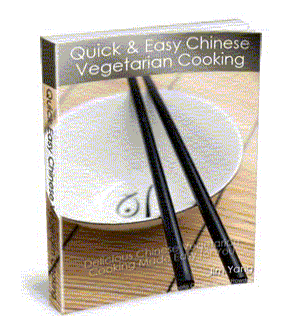Question by Jessi dear: im trying to go green any tips?
well i know the basics like recylcing. but i need some tips i appricitate your help!!!
Best answer:
Answer by Rob E
In your garden you can recycle your dead plant waste via composting it, which takes a couple of months or so during hot weather, and longer in winter etc. This returns nutients to the soil, helps the soil retain water and nutrients, and has the following benefits- reduces extra watering, and thus water processing costs, reduces the need for artificial fertilizers, and keeps ground water safer from run-off (it also reduces your carbon foot-print, as artifcial fertilizer uses tons of energy to be produced and even more to be shipped around the county. Compost versus artificial fertilizer also helps maintain healthy wildlife in your garden, including worms, and other animals that feed from them, along the feed chain.
Grow plants that are locally grown, or cultivate your own, from cuttings and seeds that are local. Again, this reduces the carbon footprint, as there is no shipping. If you grow local native plants, you will support abundant local wildlife too.
All of the plants that you grow will convert CO2 via photosynthesis – this is released back into the environment later on, as the plants decay, but many plants help keep the atomosphere cleaner too, so it’s a win-win.
If you grow your own food you reduce your carbon-footprint again, by reducing shipping, as well as the impact on the environment from fumes etc, plus pesticides and fertilisers that may have been used in production.
Keep your use of artificial additives, such as pesticides to a minimum, as these can have long lasting pollution effects, as well as affecting wild-life, and building up in the food chain, with uncertain long-term implications.
Plan your garden with wildlife in mind, such as, if possible, adding a water feature, as this will attract a more diverse group of wildlife, including frogs who eat garden pests, such as slugs and snails. Birds also like shelter, so add some evergreen and deciduous shrubs etc, to allow this. If you feed them, it’s usually better to feed all year round, so that their dependence on you doesn’t leave them starving, if natural food is scarce.
Save water run-off, to use to water your garden. Rain water is often much better than tap water for plants, as additives in that can often stress them. Much waste water is often useable in the garden too.
Keep your home heating and cooling as natural as possible, and minimise energy costs, which will again reduce CO2 and other pollutants added into the environment. Reducing heating temperatures just a few degrees drastically reduces the amount of energy needed to heat homes. Likewise, air conditioning uses tons of energy, so work out how to cool your home as naturally as possible, if you’re in a hot climate. Trees can shade buildings etc, as well as natural airflow movement will cool people. Insulate your home well too, as this will have a major effect to help the environment. If you can walk, cycle or use public transport, this will reduce pollution, as well as emissions.
Otherwise, aim to ensure that as much as possible of the products that you buy are local, and not shipped for long distances. Reaearch companies environmental stance, and avoid those that have bad reputations. Check the contents of products, and avoid those that are known to be potentially hazardous to health or the environment. Many products consume far less energy in the home, such as some refrigerators, televisions etc. Aim to use those that minimse energy consumption.
Unwanted goods can be swapped with others, such as with freecycle type groups. Minise the waste that you send to landfill, as you’re doing now with your recycling activity.
You could also make many things, such as clothing, which can save costs, as well as prevent goods being shipped around the world, often where other people are exploited, or natural habitats destroyed. It’s also good to use things to the fullest extent, rather than continuously buying new stuff, this couples in with passing on unwanted goods to others, for free or for sale, and helps massively to reduce the impact that each product’s production and shipping has on the environment.
Hope this helps. Good luck! Rob
Give your answer to this question below!
Tags:Green, Tips, trying








0 comments:
Post a Comment